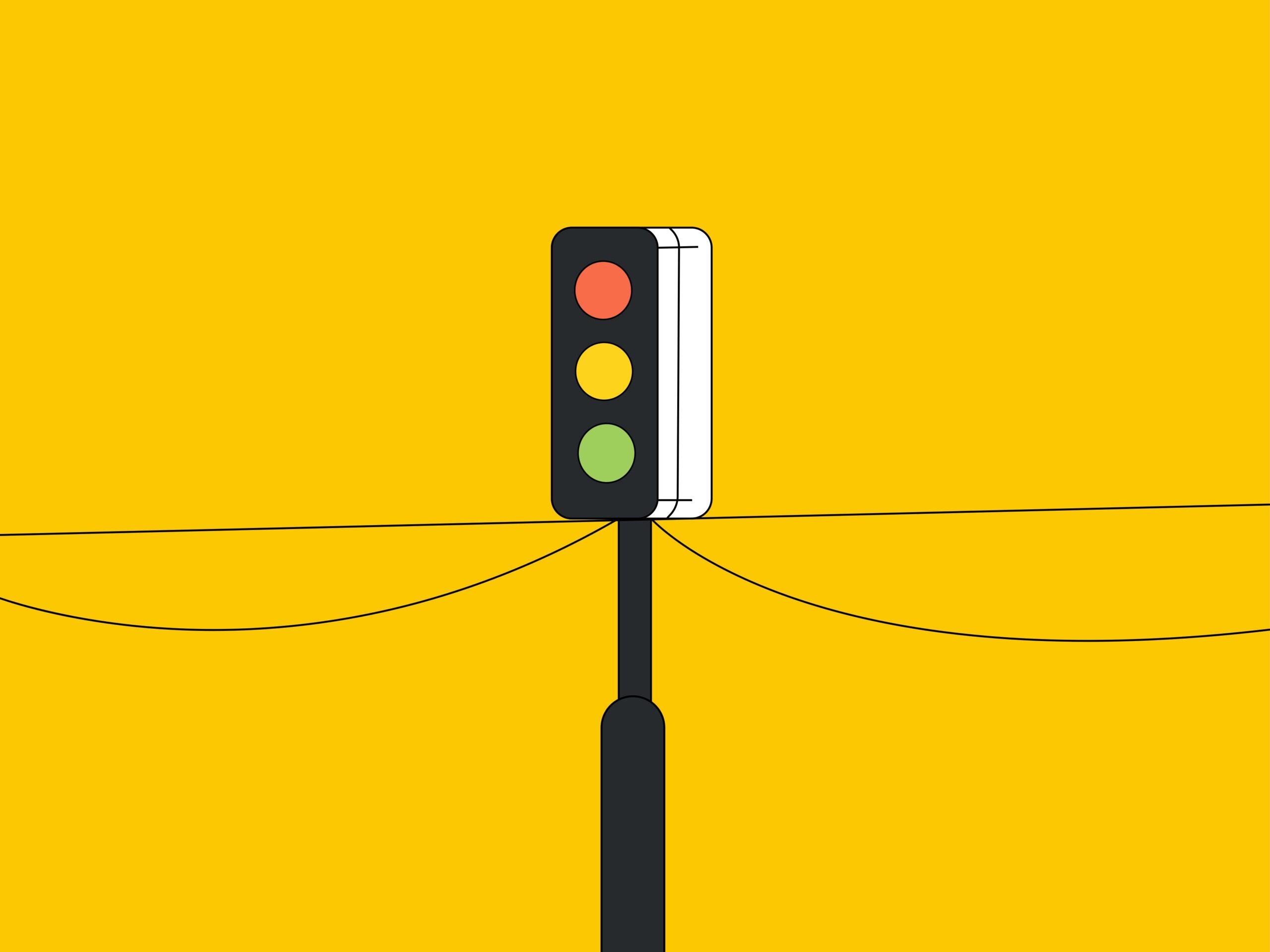Introduction
For independent musicians and web developers, FLAC is a popular choice for source audio due to its lossless compression, high audio quality, and robust metadata (tagging) capabilities. If you run your own music site using Faircamp, you might wonder:
- What happens to my embedded FLAC tags when I use Faircamp?
- Will listeners who download FLAC from my site receive files with all original tags and cover art?
This article will answer these questions and walk you through best practices for tag management in Faircamp.
What Are FLAC Tags?
FLAC (Free Lossless Audio Codec) files allow you to embed rich metadata, artist, album, song title, track number, cover art, and even custom fields. Most media players and library apps rely on these tags to organize and display your music properly.
How Does Faircamp Handle FLAC Metadata?
Faircamp fully supports FLAC as a master/source format.
Any FLAC file you upload, with embedded tags and artwork, can serve as the origin for your release.
However, by default,
- Downloaded or preview-transcoded files will only include a minimal set of tags, such as title, artist, track, and album.
- Additional or custom tags (including embedded cover images) may be lost unless specifically configured otherwise.
This is because Faircamp’s default behavior is to re-generate only the metadata it needs for the web interface and catalog.
How to Preserve All FLAC Tags in Downloads
Faircamp supports a feature via your release manifest:
- The tags: copy directive.
- By using this, Faircamp will copy all embedded tags and metadata, including cover artwork and custom fields, from your source FLAC directly into the downloadable version.
This means users who download from your Faircamp site will get FLAC files with all your original tags perfectly intact.
Configuration Example: Enable tags: copy
Just add the following to your release.eno manifest file:
tags: copyWith this, Faircamp will preserve complete metadata in exported downloads.
Important Notes
- If you don’t use tags: copy, most tags, besides those Faircamp re-creates, will be discarded in downloads or previews.
- This applies to MP3, Opus, and other formats as well, so always check metadata behavior for your target file types if you want to preserve custom tags or artwork.
Best Practices
- Always embed proper tags and high-quality artwork into your source FLAC files.
- Set tags: copy in your release manifest for full tag preservation.
- Verify the downloaded files with a tagging tool or music library app to ensure metadata is preserved as expected.
Summary
- By default, Faircamp only writes minimal tags to downloads.
- With tags: copy, you can ensure all original FLAC metadata and cover art stays intact for your listeners.
For anyone distributing high-quality, well-tagged releases on a self-hosted music platform, this is a must-know configuration.










